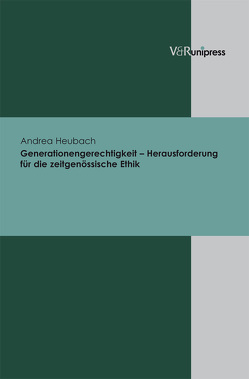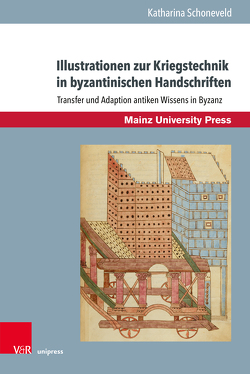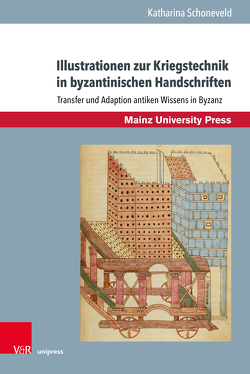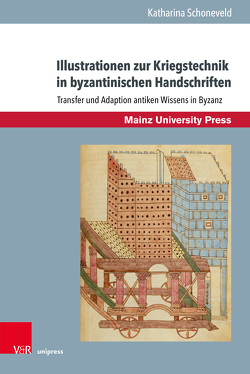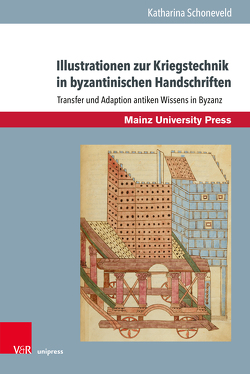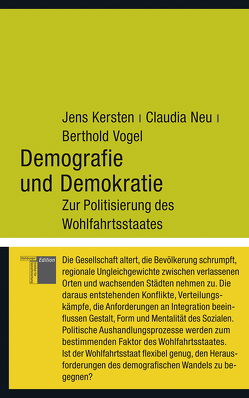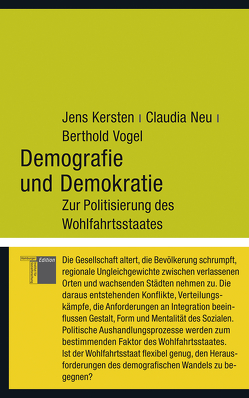Generationengerechtigkeit – Herausforderung für die zeitgenössische Ethik
Andrea Heubach
The term “intergenerational justice” is often used imprecisely or as a simple catchword in modern political discourse. Even political science has yet to come up with a satisfactory definition thereof. This work concerns itself in detail with the meaning of establishing “justice between the generations.”This volume explores the basic difficulty of establishing a theory of justice toward future generations. Is it even possible to derive from modern ethics the demands of justice toward persons who do not yet exist? In order test this question, the author employs four approaches: John Rawls’ theory of justice, the utilitarianism of Dieter Birnbacher, the ethics of responsibility of Hans Jonas, and the discourse-ethical approach favored by Felix Ekardt. Finally, the implications of these theoretical positions – and their influence on political decision-making – are illuminated.

